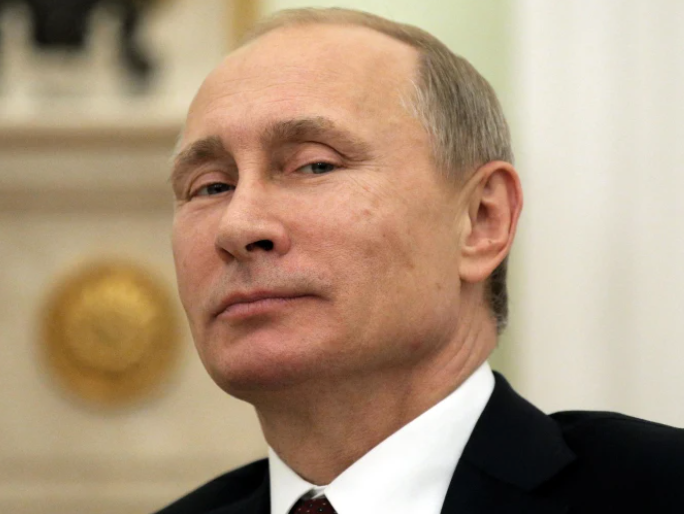$SPY $RUSL #RussiaNews #TrumpPutin #Geopolitics #Diplomacy #Kremlin #InternationalRelations #HungaryTalks #Moscow #PoliticalTensions #GlobalEconomy
Are Frozen Trump-Putin Talks Causing Panic in Moscow? Discover Why.
In the landscape of current russia news, the Kremlin’s recent announcement regarding the postponement of the anticipated Trump-Putin talks has sparked considerable anxiety within Moscow. The Kremlin emphasized on Wednesday that the specific dates for these crucial face-to-face discussions, set to occur in Hungary, “weren’t set.” Despite this ambiguity, officials maintain that the talks will still take place in the future.
This uncertainty comes at a pivotal moment, as geopolitical tensions continue to rise. The Kremlin’s insistence on the eventuality of the talks contrasts sharply with the growing impatience among Russian leadership. Historically, such high-stakes discussions have been seen as opportunities to negotiate critical issues, ranging from trade agreements to security concerns. Thus, the delay raises eyebrows and questions about the future of U.S.-Russia relations.
Impact on Market Sentiment
Market analysts are closely observing how these developments might influence global markets. The delay in talks could potentially lead to increased volatility across various sectors. Investors are particularly wary of any signals that may emerge from this situation, as geopolitical stability often directly correlates with market performance. For instance, stocks tied to defense and energy sectors may react negatively if tensions escalate further.
In recent months, Russia’s economy has shown signs of resilience, but the ongoing uncertainty surrounding these talks may threaten that stability. Analysts are keenly aware that economic forecasts hinge on geopolitical developments. A lack of clarity in U.S.-Russia relations could thus impede investment flows and economic growth in the region.
The Broader Implications
Moreover, the implications of these postponed talks extend far beyond just the two nations involved. The international community has a vested interest in the outcome, as U.S.-Russia relations play a crucial role in global geopolitical dynamics. Countries that rely on stable relations with both the U.S. and Russia may find themselves navigating a complex landscape of alliances and tensions.
In addition, the potential for renewed discussions offers a glimmer of hope for constructive dialogue. While Moscow’s current anxiety is palpable, the Kremlin may also see this as an opportunity to recalibrate its approach to diplomacy. Engaging in talks with the U.S. could pave the way for more favorable conditions, potentially easing sanctions and fostering economic collaboration.
What’s Next for Russia?
As the situation develops, it is essential for investors and analysts alike to remain vigilant. Keeping an eye on further announcements from the Kremlin and U.S. officials will be critical. Understanding the nuances of these discussions may provide valuable insights into future market movements.
For those looking to navigate the complexities of the current geopolitical climate, staying informed through trusted sources is vital. Additionally, exploring investments that may be influenced by these developments can offer opportunities for strategic positioning.
In summary, the Kremlin’s recent declarations about the Trump-Putin talks reflect a broader narrative of uncertainty and volatility in international relations. As Moscow grapples with the consequences of this delay, both the political and economic landscapes are poised for potential shifts. To stay updated on the latest developments in the world of finance and geopolitics, consider visiting this link for insightful analyses. For those interested in cryptocurrency and its intersection with global events, explore relevant content here.
In conclusion, the frozen talks between Trump and Putin are not just a bilateral issue; they are a reflection of the intricate web of global relations. As the world watches, the Kremlin’s next steps will be crucial in shaping the future of diplomacy and economic stability.







Comments are closed.